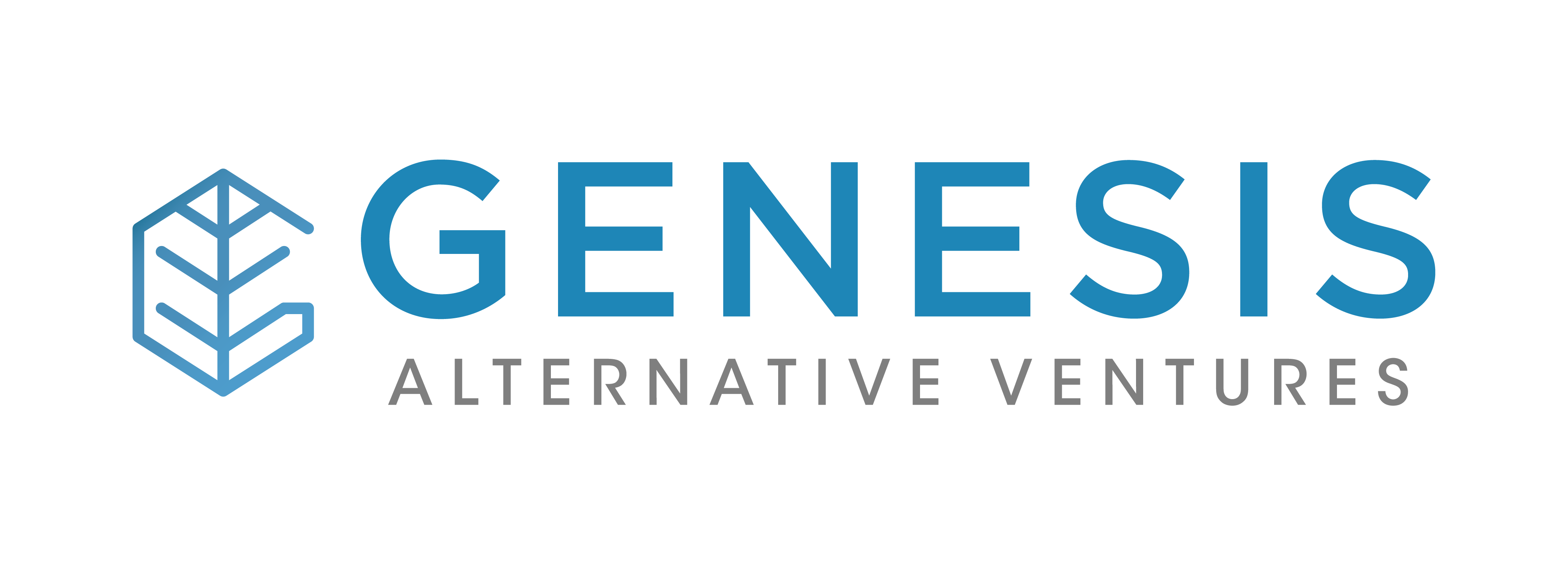Venture Debt – Panacea or Poison – for tech-backed companies during Covid-19 (Part II)

In the past few months, the level of inbound enquiries Genesis has received for venture debt has increased by 30%. This has been the case too for other venture lenders across tech ecosystems where venture debt is an established asset class. In a parallel world, large corporates, as well as PE-backed companies, have been drawing down on available credit lines as an insurance buffer.
Please read part I: Venture Debt – Panacea or Poison – for tech-backed companies during Covid-19
There are many reasons for the increase in venture debt enquiries:
- Venture debt for runway extension/insurance buffer: Venture debt can help a company to extend cash runway with lower dilution; Savvy VC investors and founders realise the wisdom in bolstering the balance sheet in times like these. It is better to have venture debt and not need it than to need it and not have it.
- Venture debt as part of funding to avoid a downround: With COVID-19 decimating business plans, founders realise the need to raise capital in a form that delays the valuation benchmarking – raising venture debt / convertible rounds can help the company buy time as it adjusts to disruptions caused by the pandemic.
- The colour of cash is the same: Founders not knowing the difference between equity and debt. They knock on both doors hoping that one would open.
So when can venture debt be a panacea to startups in COVID-19?
1. Extension of cash runway
The pace of VC investments may slow down during a crisis, it will not stop. Good tech companies will still be able to raise VC money. With the equity cash, these companies can then extend its cash runway with some venture debt.
Related Article : Deal Structure for Venture Debt Success
Notwithstanding the current crisis, startups with a viable model and differentiated offering continue to attract equity funding.
In the US, there continues to be high profile funding rounds being announced.
- Payment gateway, Stripe raised a US$600m Series G at a US$36bn valuation;
- Online brokerage Robinhood Markets Inc raised US$280m led by Sequoia Capital valuing it at US$8.3bn
Closer to home, we are seeing green shoots of larger than usual funding rounds being completed than pre-crisis :
- Dathena raising a US$12m Series A round;
- Kopi Kenangan raising a US$109m Series B round;
- Kargo, an Indonesian based logistics company raised a US$31m Series A;
- Ninjavan raised a massive US$279m Series D funding round;
- Indonesian consumer goods mall GudangAda raised US$25.4m in a Series A round led by Sequoia India and AlphaJWC;
- Philippines media startup Kumu raised a US$5m Series A;
- Thai venture builder RISE raised US$8m in seed funding
A strong equity raise combined with a right proportion of venture debt, will help a startup to extend its cash runway at a lower dilution than a full equity raise. The cash runway extension will allow companies to grow further before the next equity raise – this will potentially allow it to raise equity at a higher valuation, again leading to lowered dilution.
2. Bolstering balance sheet as insurance buffer
- For companies that have a reasonable amount of cash on their balance sheet, venture debt is a viable way to further boost that cash as an insurance against a protracted downturn.
- In the US, AirBnb managed to raise US$2bn in equity and debt over two separate transactions in April.
In the case of AirBnb, it raised US$2bn in equity and debt in two separate transactions despite having US$3bn of cash on its balance sheet. It was notable that funders were large private equity groups. Media reports of the deal terms and structure suggests that the funding was structured similar to how a venture debt deal could have been done.
Had AirBnb raised the same amount of funds via a sale of shares, it would have resulted in higher equity dilution, longer execution timelines and crystallisation of a lower valuation meaning that later investors would lose money.
3. Avoiding crystallising a down round:
- Companies whose business plans have been affected by COVID-19, i.e. will not be able to achieve milestones prior to next equity raise, can use a mix of internal equity funding (usually in the form of a Convertible Note) and venture debt to extend cash runway.
- This combination provides the company with much needed cash runway extension and yet avoids setting a valuation benchmark. However, it means that the company has to get things right this time.
- The comfort is that many successful startups have experienced such situations before and gone on to increase valuation by multiples thereafter
Related Article : Venture Debt Market Reaches All-Time High According to Largest Study Ever
Venture debt, if not used under the right circumstances, can be poison.
1. Venture debt as a funding of last resort
We have seen many companies come to Genesis because they have exhausted other avenues of capital sources- whether they be VC money or loans. Venture debt cannot be used as funding of last resort as this is akin to taking equity risks, with a capped return.
2. Venture debt as a source of cheap funding
The other reason for increased enquiries is due to misconception that with global interest rates at rock bottom, venture debt rates must be low as well. On the contrary, most startups are now deemed to be higher risk due to the economic disruption brought about by COVID-19. Therefore, on a risk adjusted basis, venture debt rates have remained flat or slightly higher than pre-COVID-19.
Genesis’ approach to venture debt in COVID-19
COVID-19 has not changed how we fundamentally assess each deal. Despite the increase in venture debt enquiries, deployment of capital is reserved for borrowers that demonstrate the following characteristics:
- Sustainable business plan with proven revenues and positive unit economics
- Founders with demonstrable leadership and management experience
- Backing and guidance by Tier 1 VCs
- Cash runway of at least 12 months
Venture debt is not without its risks, however a well structured transaction can help high quality companies to extend their cash runway to tide through tough times.
